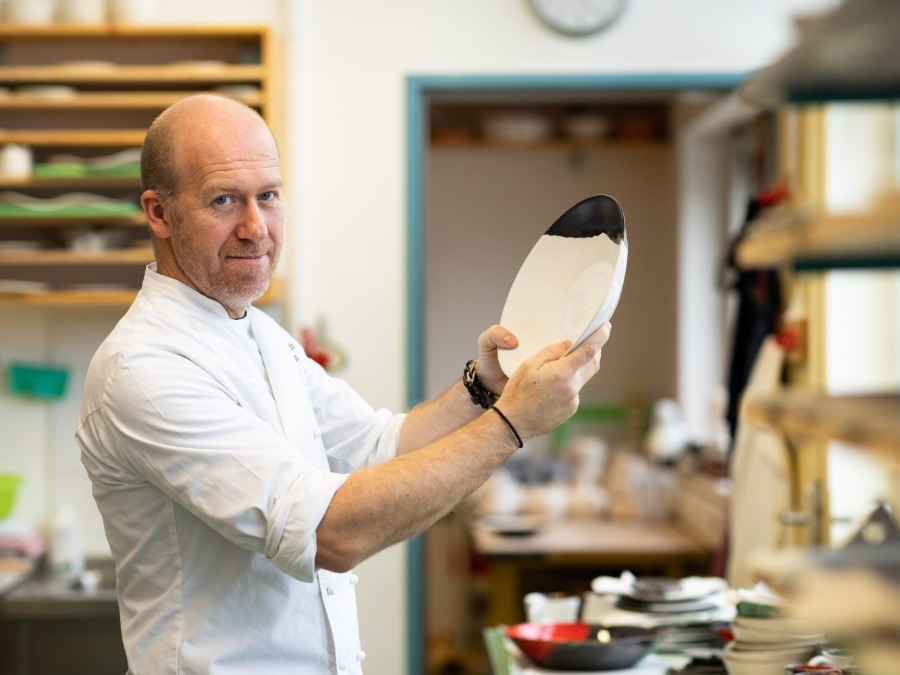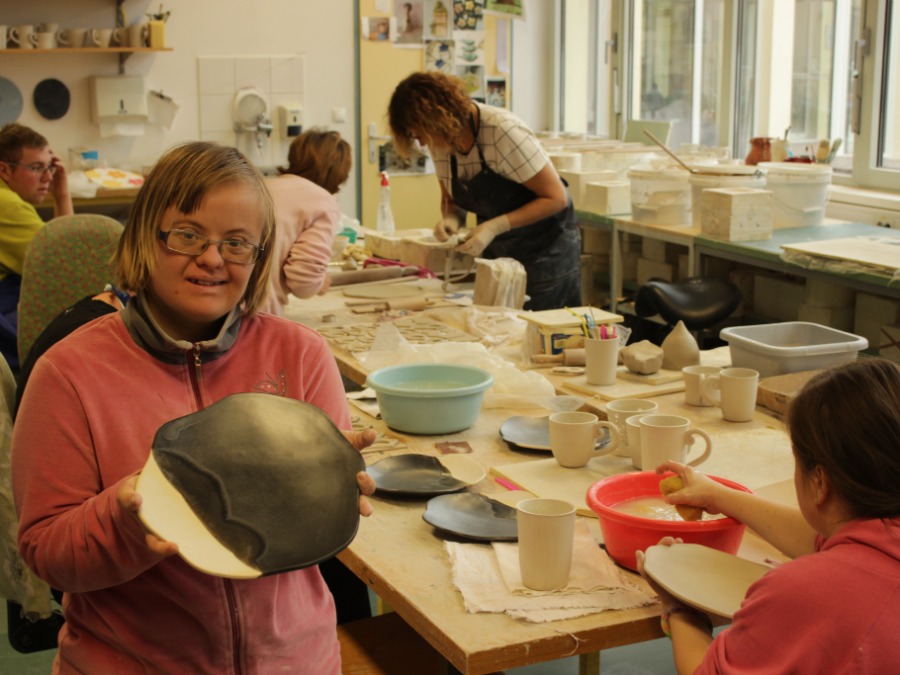Go Green!
The world stopped due to the pandemic. We have proven that disease can lead us to connect, but also to stop, in order to protect people. We believed that this was an introduction to the FAST and DETERMINED slowdown of society due to climate change. We are not satisfied with the conclusions of the COB26 and 27 conference. We expected at least one concrete, symbolic immediate decision. For example, reducing the speed limit on motorways to 100km/h. Reduced speed would mean fewer emissions and a slower life.
How can a better food system be built?
We have a choice: we can continue to grow our food systems in a linear, exploitative and extractive way, or we can move to a system that promotes biodiversity, regeneration, nutritious food, equity and healthy people.
We have to transform the way we produce and consume food. This involves changing mindsets, trying new things and learning fast.
We know that business-as-usual is the problem. We must change course through collaboration between farmers, consumers, funders, governments, businesses and NGOs.
Together, we can work towards a food system that not only feeds us but also celebrates life – one that nurtures people, adds colour and flavour to our plates and palates and, most importantly, ensures us a future on this planet.
But what can each of us do now in our daily lives in relation to food?
We should eat five times a day. Do we plan our meals? Do we buy from local and sustainable producers? Do we create healthy meals? Do we plan what and where to buy in advance? If we don’t buy certain things, they will soon no longer be produced.
What are the new sustainable trends in restaurants?
We believe that sustainability is a way of life, even in a company.
Sustainability means that a company
works today for the future, and that
the team lives with dignity and
develops personally.
How can sustainability be systematically introduced into a company?
Our Hiša Linhart has been awarded
a Green Key environmental certificate and
a green Michelin star for sustainability.
The certificate helps us to systematically monitor sustainability indicators.
The green star, meanwhile, was a reward for
our own sustainable operating model.
Michelin says: "Every Green Star restaurant is different and works in its own unique way – but all make a difference to the world around them and act as role models to us all."
We live responsibly, moderately, respectfully and,
above all, are connected to others.
We involve
surrounding farmers in our activities. We buy
local, organic, traditional, seasonal ingredients. Together with farmers,
we revive forgotten dishes and ingredients and develop new products of tradition for the future (our Carniolan sausage with tepka pear, tepka pear juice, tepka pear pralines, trout caviar, trout smoked in black kitchen, red corn polenta, Alpine region breakfast…). Farmers take part in our local market once a month. Our identity, a multicultural society that is as important as biodiversity in nature, will be preserved.
We have
our own gardens and greenhouses. We carefully
plan what and where we will plant by ourselves and when we can use the ingredient. Together
with the farmers, we
plan what and where
they will plant for us and when the ingredient will be available.
We plan meals so there are no leftovers on the plates. We have
a system of prepaid meals.
Suppliers deliver to us
without packaging, or they
reuse it multiple times.
Tablecloths that tear are
recycled into smaller cloths or rags.
We have connected with
vulnerable groups. People with special needs make ceramics and paintings for us and are the part of our team (they work in the kitchen).
We include
artists in our work who present works of art to our guests.
We buy
plates and glasses from
thrift stores. Broken plates and glasses are transformed by a local artist into vases, paintings, etc. For new dishes, we do not buy new plates but use old ones.
We have connected with
Radol’ca’s restaurants and inns and together we represent the destination of Radol’ca. Together we create and educate.
We have connected with
catering schools. We include high school and university students in our work.
We share our knowledge through our
cookery schools for
children from 5 years upwards, as well as for adults and professionals.
We acquaint our guests with stories of tradition.
We create
programs (for example:
Join locals for a tour of the tastes of colourful Radol’ca!), which also include other restaurants, museums....
We reward guests who come to us
by bicycle or
by public transport (the train station is located 50 m from Linhart House, and the bus station is 150 m away).
We provide
our employees with an 8-hour working day,
two days off per week,
stimulating payment and the possibility of creative development. We want to
raise the reputation of hospitality and tourism through
our activities and through the
continuous education of our employees. We want people around us to know that our work is
interesting, creative and ensures a happy life.
Our operations are focused on
optimal work planning, which means
we buy less and reduce waste at the source. Every product is examined
through the lens of circularity and sustainability, and we check if it is really necessary. We respect nature and the seasons, which offer us seasonal ingredients. Everything that comes into our house
must be used to the end or recycled.
So:
- we are
connected, we maintain a diverse and autentic community for tomorrow
- we buy
locally, seasonally and organically
- we have our own cultivation areas, where we also grow vegetables by ourselves
- we consume everything we buy –
zero waste is NOT zero TASTE, we explore and discover new flavours;
zero waste means new, full taste!
-
we do not offer bottled water in our restaurant, but rather only tap water
Don’t wait for politicians, act on your own!
















